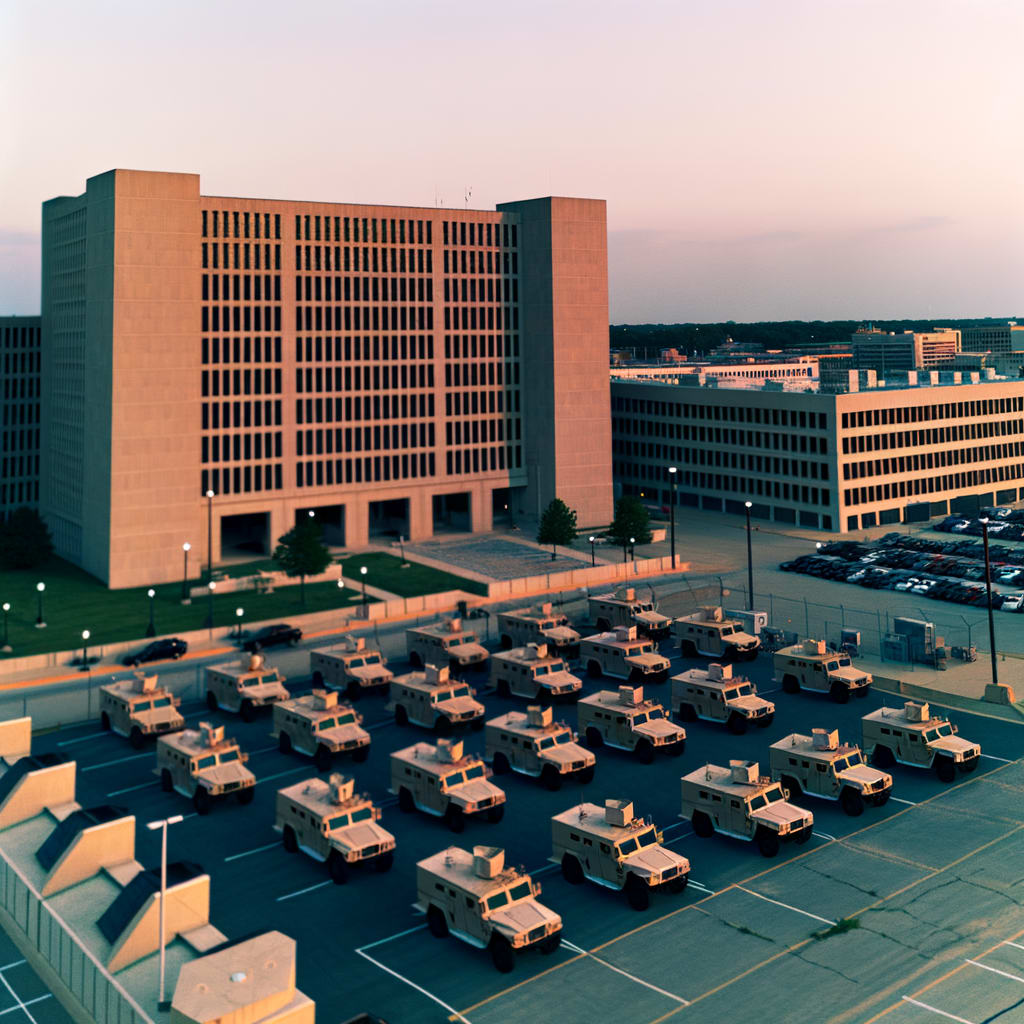US Appeals Court Authorizes Trump's Deployment of National Guard to Democratic-led Cities
Despite significant opposition, the 9th U.S. Circuit Court of Appeals has granted President Donald Trump authorization to deploy the National Guard into several Democratic-led cities. The decision, however, has sparked a wave of disagreement and legal challenges, with critics questioning its legality and impact on the freedom of expression.
Background and Context
Tensions escalated when the Trump administration sought to deploy National Guard troops in response to ongoing protests and perceived crime in cities such as Portland, Oregon, and San Francisco, California. The move has been met with criticism from local leaders, including Washington, D.C., Mayor Muriel Bowser. I don’t think it’s legal, let me start there, for the National Guard to police Americans on American soil,
Bowser voiced at the Fortune Most Powerful Women conference.
Trump's decision to send troops to San Francisco has been met with backlash from California Governor Gavin Newsom and San Francisco Mayor Daniel Lurie, who believe the deployment will ruin one of America's greatest cities.
Key Developments
Despite local opposition, the 9th U.S. Circuit Court of Appeals ruled in favor of Trump's deployment in Oregon. The three-member panel ruled 2-1 in favor of the administration, citing the President's statutory authority under 10 U.S.C. § 12406(3). This law authorizes the federalization of the National Guard when the President is unable to execute the laws of the United States with regular forces. The decision, however, was not unanimous. The dissenting judge, Susan Graber, expressed concerns over the potential erosion of core constitutional principles.
In Chicago, a federal judge ruled that National Guard troops could remain in the state but could not patrol or protect federal property. The Trump administration is appealing this decision at the Supreme Court, arguing that the ruling puts federal personnel and property at risk.
Reactions and Implications
The court's decision has stirred controversy and raised questions about the legality and impact of the National Guard's deployment. Critics, including pop star Renée Rapp, have publicly voiced their disapproval. Rapp delivered an expletive-filled rant against Immigration and Customs Enforcement (ICE) and Donald Trump during a performance in Portland, where Trump has claimed the city is a “war zone.”
Dissenting justice Susan Graber argued that the decision erodes core constitutional principles
and risks violating freedom of expression, reflecting concerns shared by many critics.
Current Status
As it stands, the deployment of the National Guard to these cities is moving forward under the preliminary ruling by the U.S. Court of Appeals for the Ninth Circuit. However, given the strong opposition and legal wrangling, it is likely that this issue will continue to be a subject of intense debate and legal challenge.

